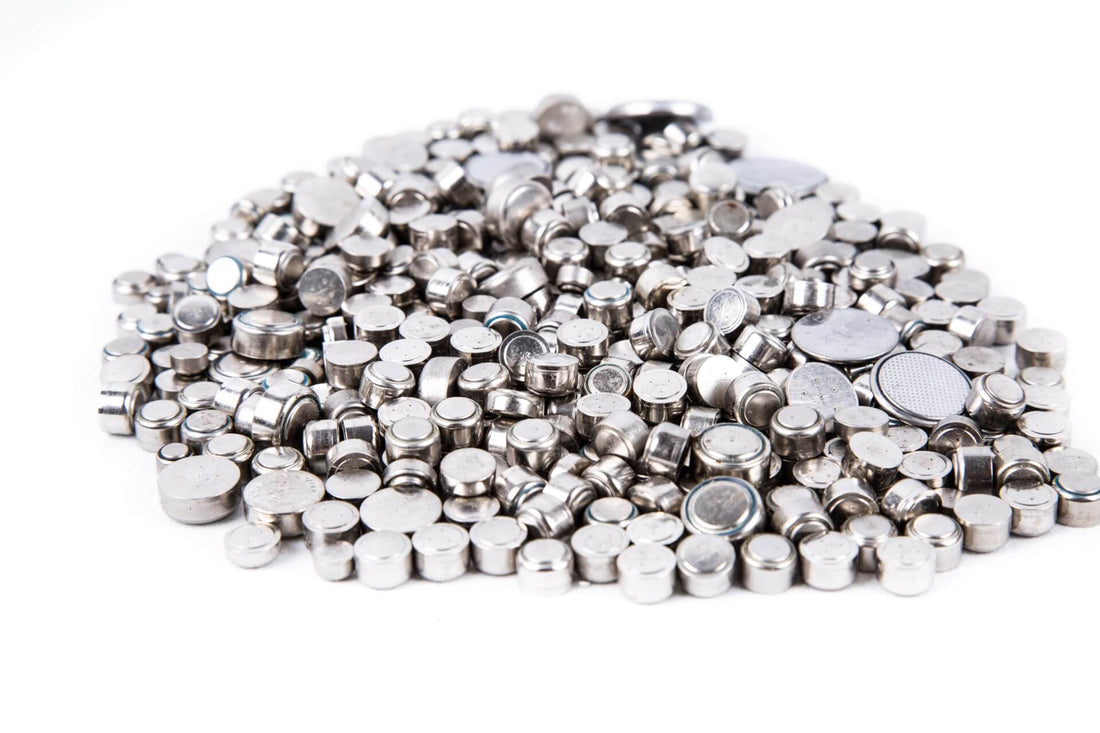
Eco-Friendly Watches: The Case for Mechanical Over Quartz
Watch batteries in quartz watches have a significant environmental impact due to the materials used and disposal process. On the other hand, mechanical watches use a renewable energy source and have a longer lifespan, making them a more eco-friendly option.
Introduction to Watch Batteries
Watch batteries are small, coin-sized cells that power quartz watches. These batteries are typically made of lithium, which is a highly reactive metal that can have negative impacts on the environment when not disposed of properly. In addition to the materials used, the disposal process for watch batteries can also contribute to environmental pollution.
Environmental Impact of Quartz Watch Batteries
Materials Used
The production of lithium batteries requires the extraction of lithium from the earth, which can have negative impacts on the surrounding environment and wildlife. The process of extracting lithium involves the use of large amounts of water, which can lead to water scarcity in areas where it is already limited. Additionally, the chemicals used in the extraction process can contaminate soil and water sources.
Disposal
Proper disposal of watch batteries is crucial to minimize their environmental impact. Improper disposal, such as throwing them in the trash, can lead to the release of harmful chemicals into the environment. In some cases, watch batteries can even end up in landfills, where they can take hundreds of years to decompose.
The Environmental Impact of Improperly Disposed Batteries
According to a report by the Environmental Protection Agency (EPA), the United States alone generates over 180 million pounds of batteries annually, with the majority of these being household batteries. While it is difficult to determine the exact number of watch batteries that are disposed of each year, it is clear that the disposal of any type of battery can have a significant impact on the environment. For example, improperly disposed batteries can release harmful chemicals into soil and water sources, potentially contaminating these resources and causing harm to wildlife. It is important to properly recycle batteries to minimize their environmental impact and protect the planet.
The Benefits of Mechanical Watches
In contrast to quartz watches, mechanical watches use a renewable energy source – the movement of the wearer's wrist – to power the watch. This means that they do not require the use of batteries, which eliminates the environmental impact associated with their production and disposal.
Mechanical watches also tend to have a longer lifespan than quartz watches, as they do not rely on battery power and can be maintained and repaired as needed. This means that they do not need to be replaced as frequently, reducing the overall environmental impact of watch ownership.
